Nigeria’s Air Peace (P4, Lagos) has long-term plans to set up its own Maintenance Repair Overhaul (MRO) facility to avoid the costly maintenance of its aircraft abroad in the face of inadequate capacity at home, spokesperson Stanley Olisa has said.
“This is something we are considering in long-haul but not in the immediate,” he said while confirming that Air Peace currently has 17 aircraft - including E145s, B737s, and one B777 undergoing heavy maintenance in the Middle East and Morocco. He cited high operating costs and lack of adequate technical manpower as some of the challenges impeding a local MRO operation.
With 62% of its fleet of 27 aircraft outside the country, Air Peace chairman and chief executive Allen Onyema recently apologised to passengers for flight disruptions caused by the non-availability of equipment, saying the return of the aircraft had been delayed because of COVID-19 lockdowns in those countries. This had affected the airline's operations, as it had to reduce the number of routes and frequencies it was serving.
Olisa told ch-aviation the airline currently uses its B777s on its Johannesburg O.R. Tambo route, while E145s and B737s have been deployed on domestic and regional operations.
"Specifically, our Accra route, the only regional route we operate currently, is serviced with the ERJs," he said, adding that the airline resumed daily flights to Accra on March 15.
According to the ch-aviation fleets module, Air Peace's fleet comprises eight B737-800s, five B737-500s, one B777-200ER, two B777-300s, one Do328-300, five EMB-145LRs, three EMB-145MPs, and two new E195-E2s, which have not yet been deployed, according to Olisa. It has eleven more E2s (a total of 13 firm orders and 17 purchase right orders) and ten B737-8s on order.
The newspaper This Day reported that COVID-19 had delayed the delivery of Air Peace’s forthcoming ERJs, saying that three of the new aircraft had been scheduled to arrive in the country on March 17, in June, and in July to normalise its operations.
Nigerian carriers also lack the foreign currency to pay for heavy MRO services abroad, according to the newspaper. A home-based heavy maintenance facility would mean airlines would be able to pay in local currency.
"This is the reason why it is critical that we have maintenance facilities in Nigeria, not just one but two or three because whatever we have will serve West and Central Africa, and by the projected growth of air transport in Africa, many more aircraft will come in a few years," an industry source told This Day.
As things stand, Aero Contractors (N2, Lagos) has an MRO facility that is able to maintain B737 Classics and turboprops like DHC-8-Q400s and DHC-8-Q300s. It is reportedly awaiting certification from the Nigerian Civil Aviation Authority (NCAA) to start maintenance on New Generation B737-700 and B737-800 types.
The Nigerian state of Akwa Ibom is reportedly completing an MRO facility started some years ago, which should be completed in the next two years.
Other operators reportedly considering investing in MRO facilities include Med-View Airline (Kano), Arik Air (W3, Lagos), JedAir (Lagos), Caverton Helicopters (CJR, Lagos), and Dana Air (9J, Lagos), the latter already completing A-checks but looking to acquire land from the Federal Airports Authority of Nigeria (FAAN) to establish a facility for C-checks, according to the chief operating officer, Obi Mbanuzo.
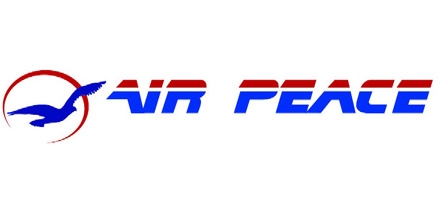
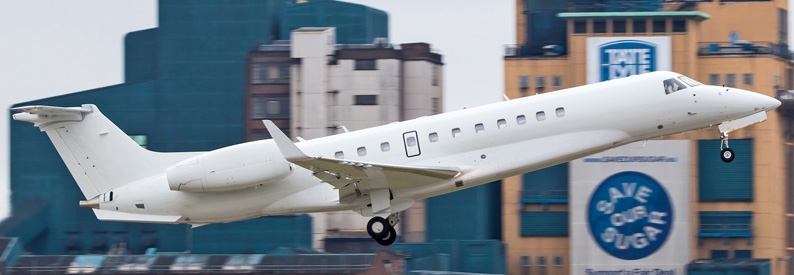
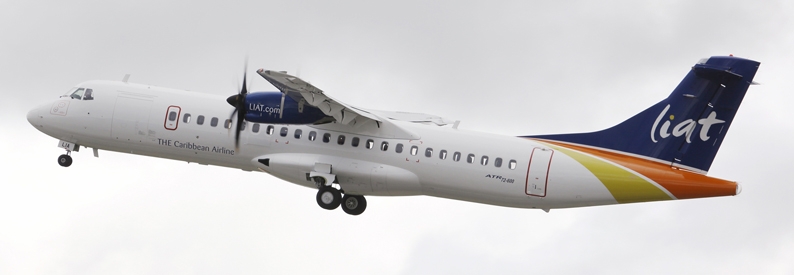

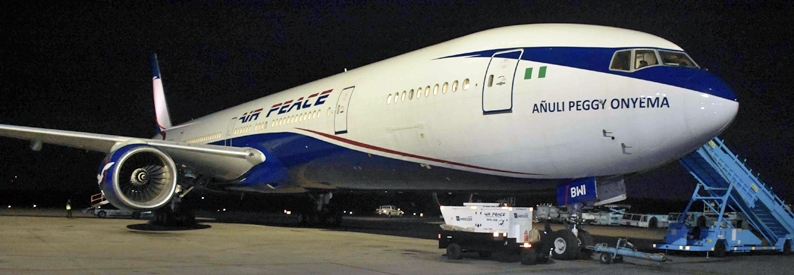
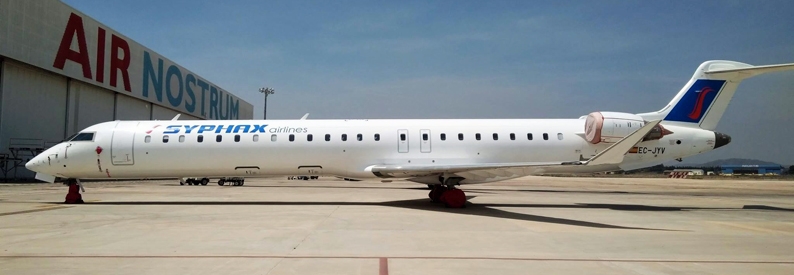
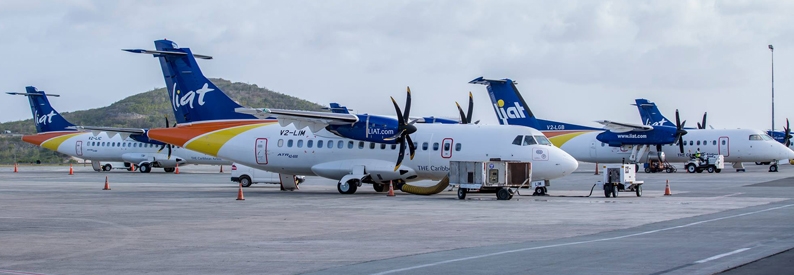
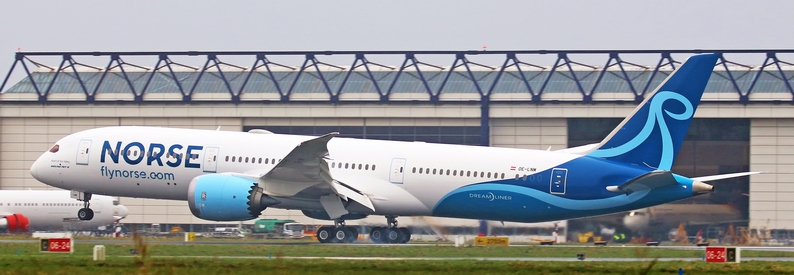
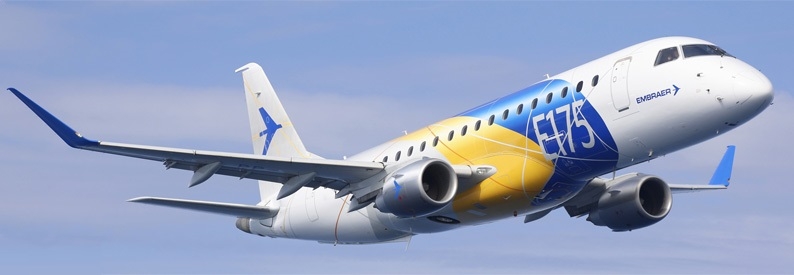
Editorial Comment: Clarifying that E145s are used on domestic and regional routes. - 15Apr2021 - 05:54 UTC